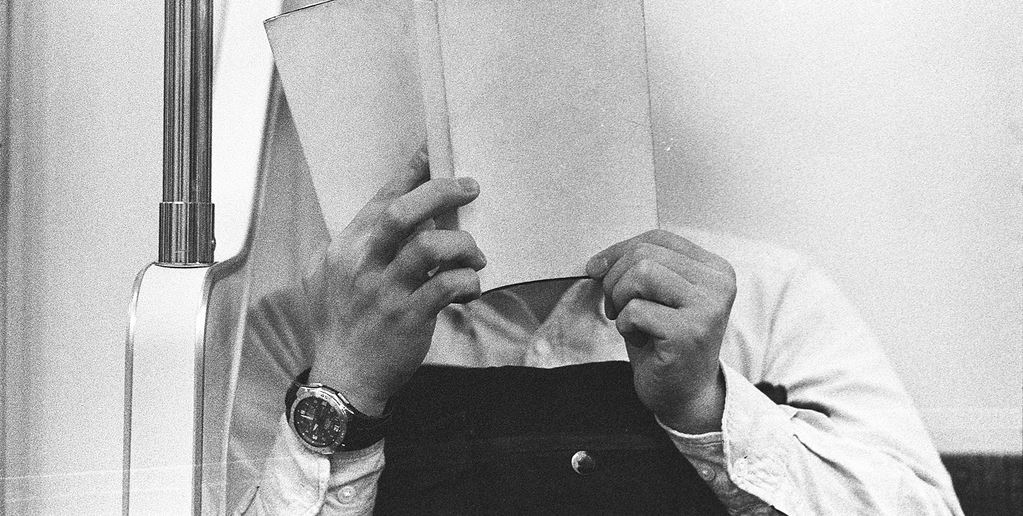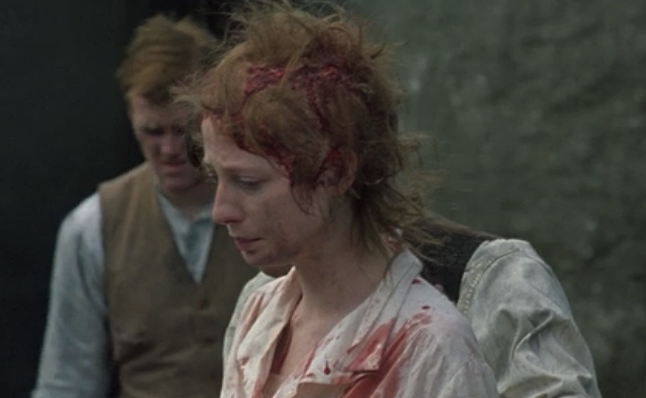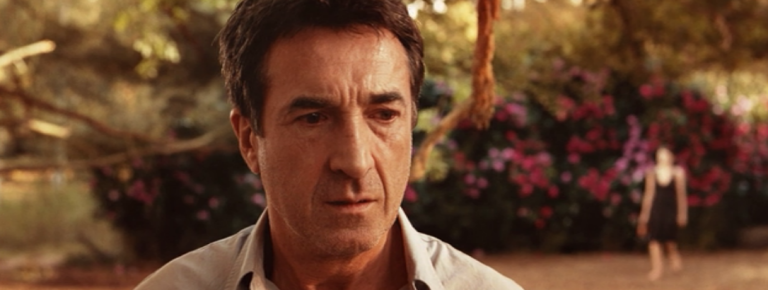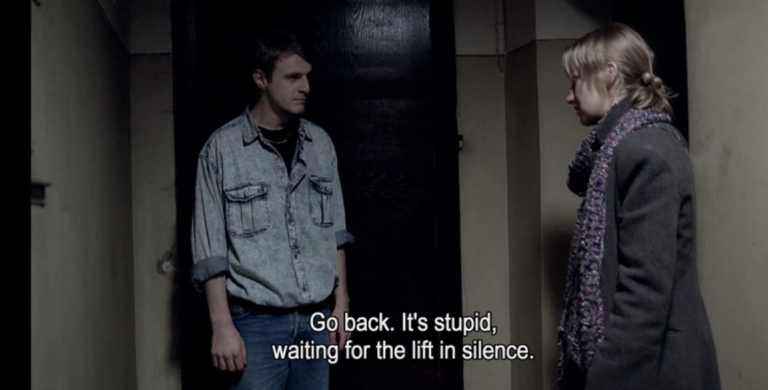Richard Chiem
Diminishing Returns
- Half Right by Elliott Smith
- Hollywood Sign Generator Dot Com
- Daylight
- The Wind That Shakes the Barley (2006)
- Tell No One (2006)
- 4 Months, 3 Weeks and 2 Days (2007)
- Double Cheese Burgers
- $18
- Night Drives
- Bed

Half Right by Elliott Smith
IN THE NEW addition to the house, in a wooden room that my grandmother built with her sore hands, I want to kill myself. Sam, the girl I no longer love, stares at sunlight on a blank wall in the shape of a window and says nothing. Breaking the key in the lock on her way out, Sam doesn’t rush off, or run down the stairs or look disheveled, staring back at me from the street, shaking her head. She puts a cigarette in her mouth and doesn’t light it. When she makes it upstairs and breaks down the door, Half Right by Elliott Smith is playing on the radio from the floor and we don’t speak until it’s over. She says, Talking to you is just like being alone.
Hollywood Sign Generator Dot Com
DOVES FLY WITHOUT meaning overhead and it seems like daylight forever. Palm trees line the rows in tandem, with long skinny shadows cutting into the traffic, and the depressed and miserable are driving to think, listening to good radio. In a head that just takes up space, she sees someone in another car who looks like what she looks like, and she waves at her doppelganger with dead eyes behind her sunglasses. Try to keep your eyeballs still, she thinks, kill some time, love again. Looking up to the hills as she drives away, with pebbles shooting up underneath the hood of her car, the Hollywood Sign changes from HOLLYWOOD to FUCK THE POLICE to DON’T GO WHERE I CAN’T FOLLOW WALK WITH ME.
Daylight
HER CLOTHES SMELL of last night’s bonfire, her skin feels almost miraculously smooth up and down her arms and legs. Sam feels vague lust and the boredom of endless meaningless boys, cotton mouthed and a little dazed in the window. She wants to rub out her eyes. Catching the bus home, the morning clouds begin to clear and everything is touched by daylight, with the people on the streets walking perfectly blinded for moments of a second. Instead of going to work the next day, Sam impulsively gets on another bus and goes back to the shore without her phone, wallet or identification. She says, I heard myself say that I felt fine, facing the shore, not really looking at the waves.
The Wind That Shakes the Barley (2006)

COOL WIND HITS the open wounds on her head, and it’s unclear where Sinéad is walking to, although slowly, she does keep walking. My heart (the viewer) breaks at the sharp disturbance of her survival, of the pillage of men using her as bait to lure other men, making her watch as they burn the roof of her home and cut hair from her head. What is left over feels devastatingly wide open, the thought of even more life. Although it is the moment she screams out loud, angry at her mother for wanting to stay at the ruined home, it is in that moment that we want revenge, and the third act has a tenderness hard to describe, but it feels like crushed birds, like things need to be killed to keep going, and life no matter how ugly has a mission.
Tell No One (2006)

AFTER EIGHT YEARS separated, how do two bodies celebrate reunion without first collapsing, and then slowly falling without strength as though bled dry, because what you once thought was dead and gone now comes walking back home through the hedges, slowly behind you and again entering your senses. Alexandre’s relentless reserve and hard face for the entirety of the thriller come to tears as Margot comes into the shot, the music to a rise, and we give the character exactly what he wants, and watch as he barely manages. The habit of wanting to be alone goes away the moment she returns, a crescendo for every quiet emotion.
4 Months, 3 Weeks and 2 Days (2007)

YOU NEVER RELINQUISH everything, but you have to give a little bit more than you like for these things to progress like the way they should progress. Gather slowly when moments accrue, do what needs to be done. Otilia suffers in silence, bearing the abuse of Mr. Bebe barely underneath the surface, and she never blows her cover, waiting for the elevator with her horribly unaware boyfriend. Beyond her control, she has to leave. Waiting for the lift, Otilia doesn’t want this awkward moment with him. She is phenomenal with pain, her goals persisting like mercury. Otilia moves unforgettably from room to room, from person to person, and it’s as though the viewer forgets how to breathe, witnessing the world sharper than a knife.
Double Cheese Burgers
IF I HAD to choose one food for the rest of my life on a desert island, falling in some deep black hole, it would be the shame that makes it so delicious and lonely.
$18
THE SAD VARIETIES of how to survive on eighteen dollars a week remain my one true artform. I keep going like this. I can eat scramble eggs and angel hair pasta forever. Watch in all climates how my face never changes and there is no silence in me. Twelve hour shifts, sixteen days running.
Night Drives
HAVING NOT SPOKEN for three days, but not shy or laconic, she travels in the city unrecognized, walking the edge of buildings, the only girl in a dress for what it seems to be miles around downtown. The light reflecting from the moon is an absolutely perfect blue and she wants to drive far from the suburbs, into the desert. At the top of the hill, when the single lane highway begins to curve along a cliff, she can see the nimbus of the next car emerge. She says, I was disappointed everyday, as though repeating something or someone, learning to deadpan out and process sensation, driving faster and taking an unknown exit, because fuck it, she thinks. The goal is to drive and keep going.
Bed
IT MAKES THE night last until morning.
Richard Chiem
Richard Chiem (b.1987) is the author of YOU PRIVATE PERSON, a collection of short stories published by Scrambler books. His work has appeared in Thought Catalog, elimae, and Everyday Genius, among other places. He is currently living in Seattle with his wife and their loud cat.